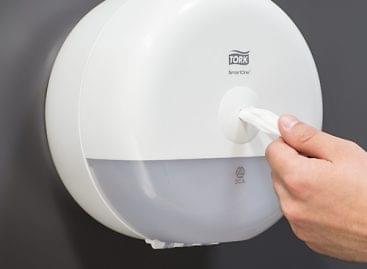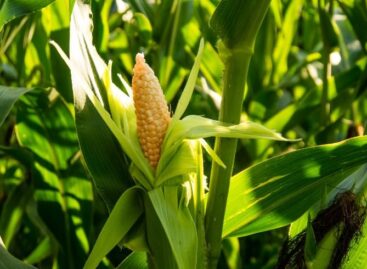Animal husbandry has and will continue to play a decisive role in agriculture
The Ministry of Agriculture is committed to helping the sector in the future as well, Hungarian livestock breeders and livestock keepers have the largest number of support titles available in the EU, said Sándor Farkas, deputy minister of the ministry, at the opening of the 31st Alföldi Allatnéstéstés and Mezőgazda Pokok Exhibition and Fair in Hódmezővásárhely on Thursday.

(Photo: AM/Csaba Pelsőczy)
In his welcoming speech, Sándor Farkas emphasized that the headwinds from Brussels blow permanently and strongly in agriculture, which means intense attacks and slaps for animal husbandry. Unprofessionalism and lack of scientific foundation became the trend. On social media sites and in the mainstream media, attacks in the name of the fight against climate change have become commonplace, thereby discrediting the activities of farmers and contributing to the deception of consumers. “They made a policy against agriculture and animal husbandry in a good part of Europe,” he added, and then emphasized that the Hungarian agricultural government, with its conscious policy, has helped farmers in difficult times and will continue to help them in the future. He highlighted that the EU support cycle that started last year imposes more production restrictions favoring green goals and an administrative burden on producers and the institutional system operating the support system than ever before. All of this slows down access to subsidies at a time when the role of subsidies in profitability and development has increased in value. He explained that this spring, the investment proposals related to animal husbandry, feed processing or food processing that produces animal products will be published with a budget of HUF 400 billion. The tenders that are already available and that will be opened this year continue our modernization program that began in 2021 and create opportunities for all market participants, from the smallest to the largest, to increase their efficiency or to establish a foothold.
The Ministry of Agriculture supports the sustainability of domestic livestock breeding with two completely new measures
The rural development tender for the compensation payment for the fight against antimicrobial resistance and the animal welfare support for beef cattle has been published – the deputy minister listed. Thanks to the Rural Development Program, it reported 390,000 winning applications within the framework of 110 calls over the past 10 years. Within this, according to the data, almost 3,700 requests from livestock keepers won small and large funds for the development of their farm within the framework of the animal husbandry-related investment tenders announced in the fall of 2020 and 2021, which means HUF 532 billion in grants awarded. This development package is a program for the technological development of Hungary’s largest animal husbandry after the system change. Finally, Sándor Farkas encouraged the farmers to dare to seize the opportunities in 2024 as well, so that our animal husbandry is placed in a place worthy of our centuries-old traditions.
AM
Related news
Bonduelle achieves B Corp™ certification worldwide
🎧 Hallgasd a cikket: Lejátszás Szünet Folytatás Leállítás Nyelv: Auto…
Read more >Related news
Festival buzz at the 60th anniversary EuroShop trade fair
🎧 Hallgasd a cikket: Lejátszás Szünet Folytatás Leállítás Nyelv: Auto…
Read more >No matter how much you save, food and gadgets always take the money
🎧 Hallgasd a cikket: Lejátszás Szünet Folytatás Leállítás Nyelv: Auto…
Read more >Historic price reduction at ALDI
🎧 Hallgasd a cikket: Lejátszás Szünet Folytatás Leállítás Nyelv: Auto…
Read more >








